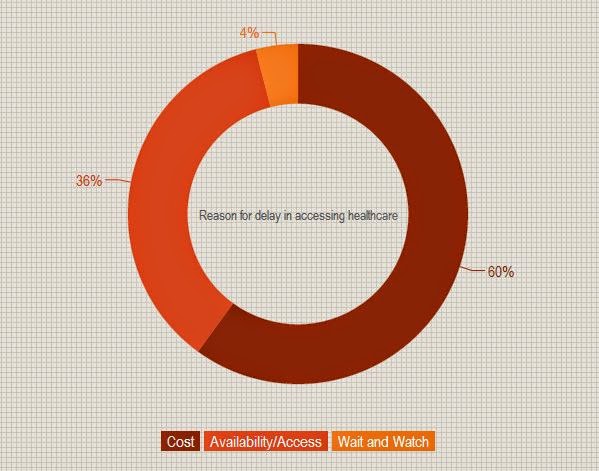January
We’re in Australia. It was what’s known as the silly season.
We went to the beach.
Ok, ok, we were working too, but nothing worth
photographing.
The Australian Federation of AIDS Organisations (AFAO) is the national federation for the HIV community response. This blog is where we share information about AFAO's involvement with HIV events in Australia and internationally.
 |
| Speakers at the launch. |
 |
| Indraveer Chatterjee |
 |
| Victorian Health Minister David Davis welcomes delegates to the Beyond Blame preconference. |
 |
| A montage that captures the HIV and mobility issues. |
 |
| Lyle Chan in the early 90s. Photo: Pattarapa Tsunpruck. Reproduced from the National AIDS Bulletin |
 |
| Vivienne Munro (right) in a 1994/5 ACON poster. |
 |
| Chris (left) and James (right) kick back with Vaness Silpakhan, Admin Assistant at AFAO's Bangkok office. |
 |
| "Reason for delay in accessing healthcare" - Source: CHF's Health Cost Survey data |
 |
| Vale Andrew Paul Hunter 22/01/1968 - 26/12/2014 |